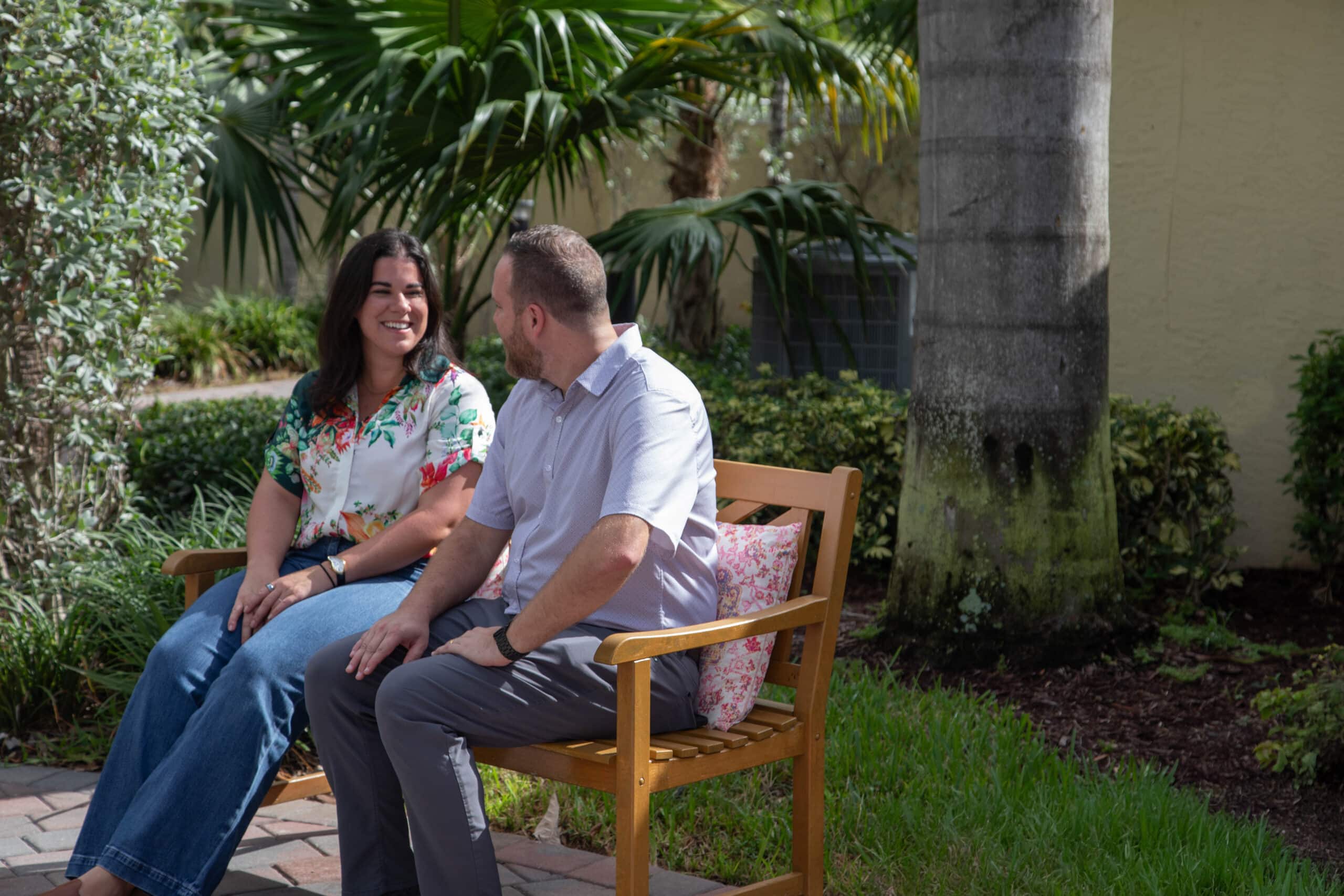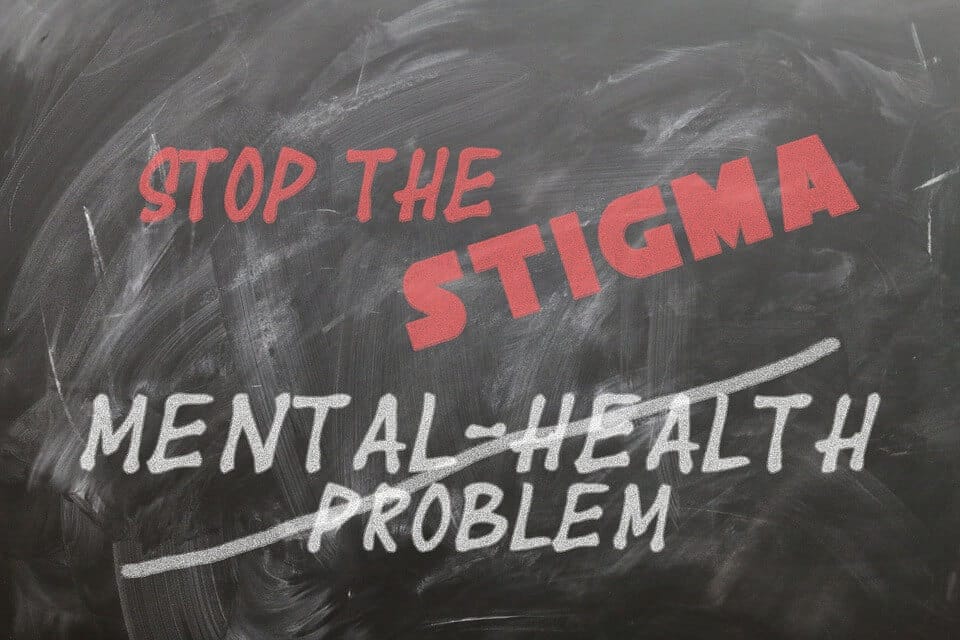Dual Diagnosis
Dual diagnosis refers to the co-occurrence of a mental health disorder and a substance use disorder, requiring treatment that addresses both conditions simultaneously for improved recovery outcomes.

Treatment at Lifeskills
As a national center of clinical excellence, Lifeskills is a trusted behavioral health provider, offering comprehensive, evidence-based treatment for complex psychiatric disorders, behavioral addictions, co-occurring conditions, and substance use disorder. Our expert clinicians provide personalized care through proven therapies, real-world integration, and holistic support that fosters lasting recovery.
About Dual Diagnosis
Dual diagnosis describes the presence of both a mental health condition and a substance use disorder. This combination is more common than many realize — more than one in four adults with serious mental health challenges also experience substance use issues. Dual diagnosis is often associated with conditions such as anxiety, depression, borderline personality disorder, and schizophrenia.

25%
Over 1 in 4 adults with serious mental health conditions also struggle with substance use disorder.
Frequently Asked Questions
What is a dual diagnosis?
A dual diagnosis refers to the presence of both a mental health disorder (e.g., anxiety, depression, bipolar disorder) and an SUD in the same individual. These conditions often interact with substance use, potentially masking or worsening mental health symptoms. This complex interplay can make diagnosis and treatment challenging. Individuals with dual diagnoses may struggle with relationships, experience isolation, and face higher risks of medical complications, impulsive behaviors, or severe outcomes.
What are the signs and symptoms that a dual diagnosis may be present?
Signs of a dual diagnosis often include symptoms of both substance use and mental health disorders. Indicators may involve:
- Withdrawing from friends, family, or social activities
- Difficulty maintaining daily routines or responsibilities
- Engaging in high-risk or illegal behaviors
- Increased tolerance to drugs or alcohol
- Irregular sleep patterns or insomnia
Specialized, integrated treatment is essential for addressing the unique complexities of dual diagnosis, focusing on substance use and mental health concurrently to support lasting recovery.
When should I seek help for dual diagnoses?
Individuals should seek treatment for a dual diagnosis if substance use is interfering with daily life, relationships, or work and pairs with symptoms of a mental health condition like depression, anxiety, or mood instability. Warning signs include worsening emotional or physical health, escalating substance use, withdrawal symptoms, and difficulty managing responsibilities.
Early intervention is crucial for addressing both conditions simultaneously, thereby improving outcomes and reducing the risk of relapse or further complications. Contact Lifeskills today to learn how our dual diagnosis treatment programs can help you achieve lasting recovery.
Our Levels of Care
At Lifeskills, we offer a comprehensive continuum of care to support individuals at every stage of their recovery journey. Our levels of care include detoxification, residential treatment, partial hospitalization, intensive outpatient, and transitional living programs, each tailored to meet the unique needs of our clients.

Your Transformation Starts Now
Take the first step toward a brighter future. Call Lifeskills today or complete our form to connect with a dedicated admissions specialist. Hope and healing are within reach.
Your privacy is our priority. All communication is completely confidential.
Expert Insights + Resources
-

September 27, 2017
Dual Diagnosis: Treating Depression and Opioid Addiction
-

January 17, 2018
Erasing the Mental Illness and Addiction Stigma

